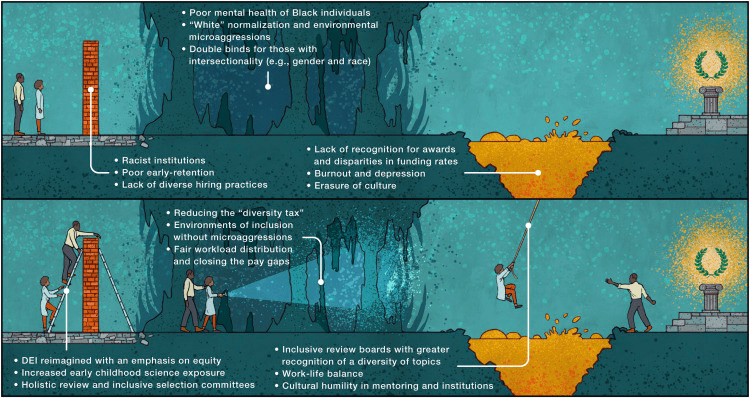Access and read the preprint here

““We controlled for race and ethnicity…” Considerations for the use and communication of race and ethnicity in neuroimaging research” by Carlos Cardenas-Iniguez and Marybel Robledo Gonzalez discusses how large neuroimaging studies have the potential to further structural inequities through their dissemination, and how consequently researchers must be more careful about how they communicate about these topics in their research. Through this paper, the authors provide several recommendations “for researchers to reflect on race and ethnicity choices in study design, model specification, statistical analysis, and communication of results, implement practices to avoid the further stigmatization of historically minoritized groups, and engage in research practices that counteract existing harmful biases.” Read more here!









